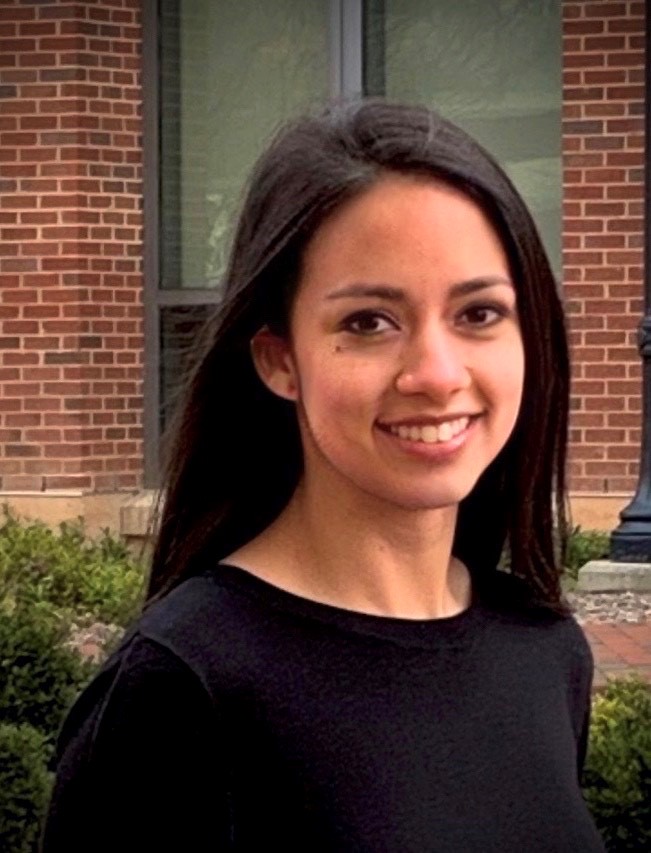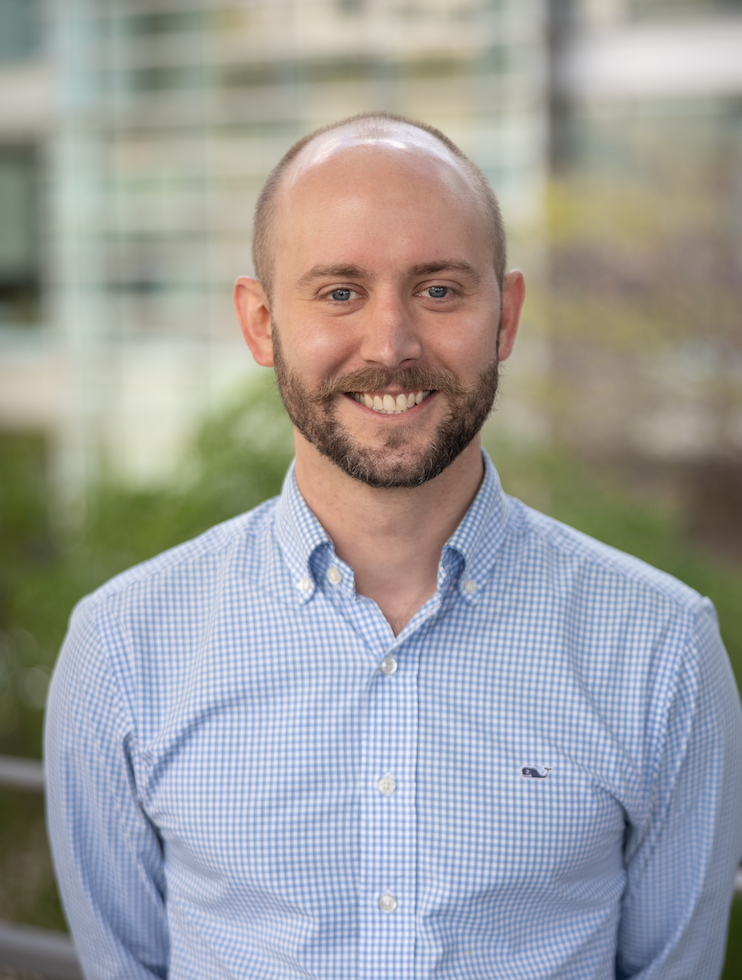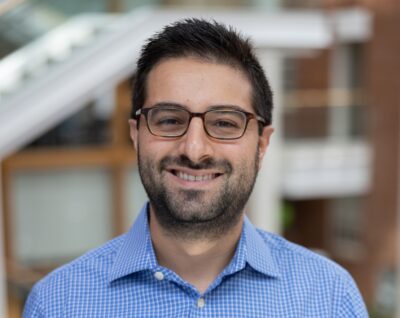 |
Ben Kahn, MPH is a predoctoral fellow in Health Behavior. His primary research interests are in understanding the social and behavioral factors that inhibit or promote HPV vaccination, including communication interventions used to effectively promote vaccine uptake. At UNC, he supports Project 1 of the Improving Provider Announcement Communication Training (IMPACT) Center, which explores the impact of standing orders used by physicians to authorize nurses and medical assistants to recommend HPV vaccines. His dissertation research will focus on the characterization of clinical staff communication roles in childhood HPV vaccination. Before beginning at UNC in 2021, Ben spent 5 years working in public health policy research at the National Academies of Sciences, Engineering, and Medicine in Washington, DC, where he most recently served as an editor of the Framework for Equitable Allocation of COVID-19 Vaccine. His CCEP program mentor is Dr. Noel Brewer. |
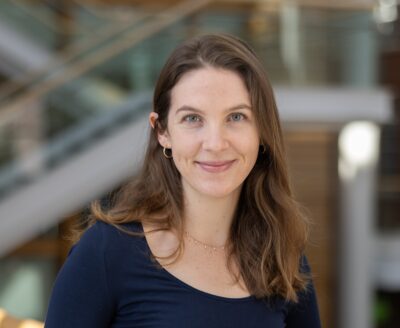 |
Phoebe Ruggles, MS is a PhD student in the Department of Health Behavior. Phoebe’s research centers on the impact of alcohol, tobacco, and food/beverage marketing on health behaviors, with the overall goal of preventing cancer and other chronic diseases. Her research aims to: 1) characterize the marketing environment of cancer-causing products; 2) understand how exposure to unhealthy product marketing impacts consumer perceptions and intentions and 3) inform evidence-based marketing policies around these products in order to prevent cancer and chronic disease throughout the population. |
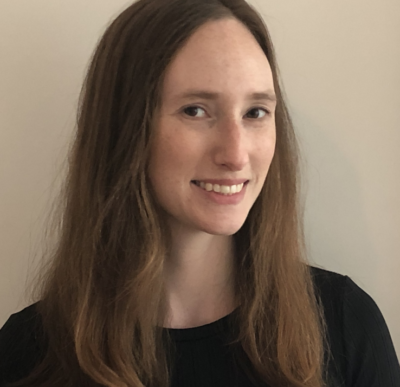 |
Sarah Halvorson-Fried is a PhD student in the Department of Health Behavior. Her work focuses on the health effects of structural racism and socioeconomic disparities in the U.S., particularly in the neighborhood and built environment contexts. She studies the effects of these disparities on adolescent health behavior, harm exposure, and health outcomes throughout the life course. With this research, she aims to contribute to chronic disease prevention and reduction of inequities in chronic disease incidence and outcomes. |
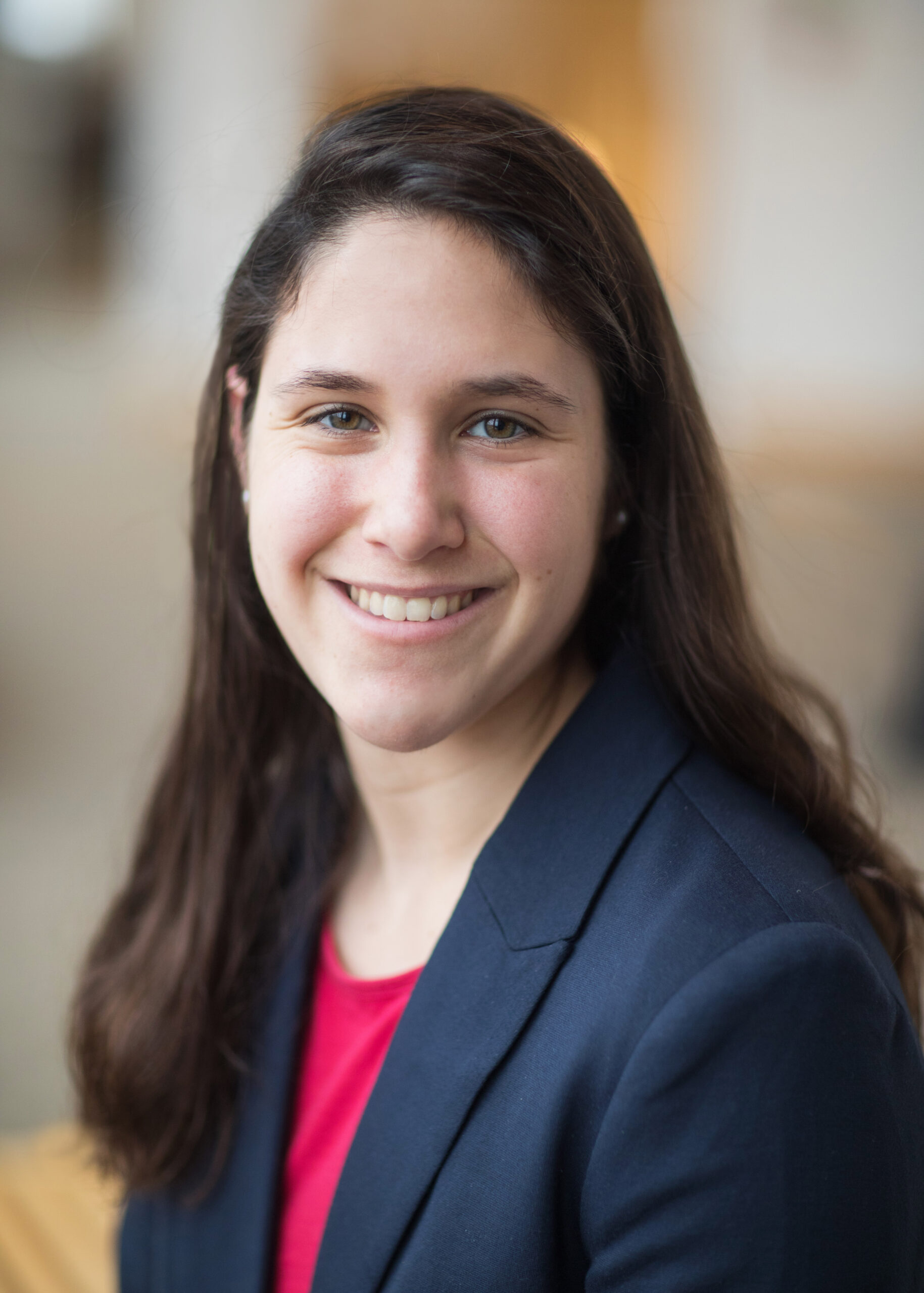 |
Sarah Van Alsten is a PhD student in the Department of Epidemiology interested in the application of precision medicine and genomic algorithms for cancer classification and treatment diverse populations. Sarah’s current research focuses on methods to distinguish recurrent breast cancer from second primary tumors within the UNC-based Carolina Breast Cancer Study using DNA sequencing, though she is also interested in the social and biological determinants of cancer recurrence. |
